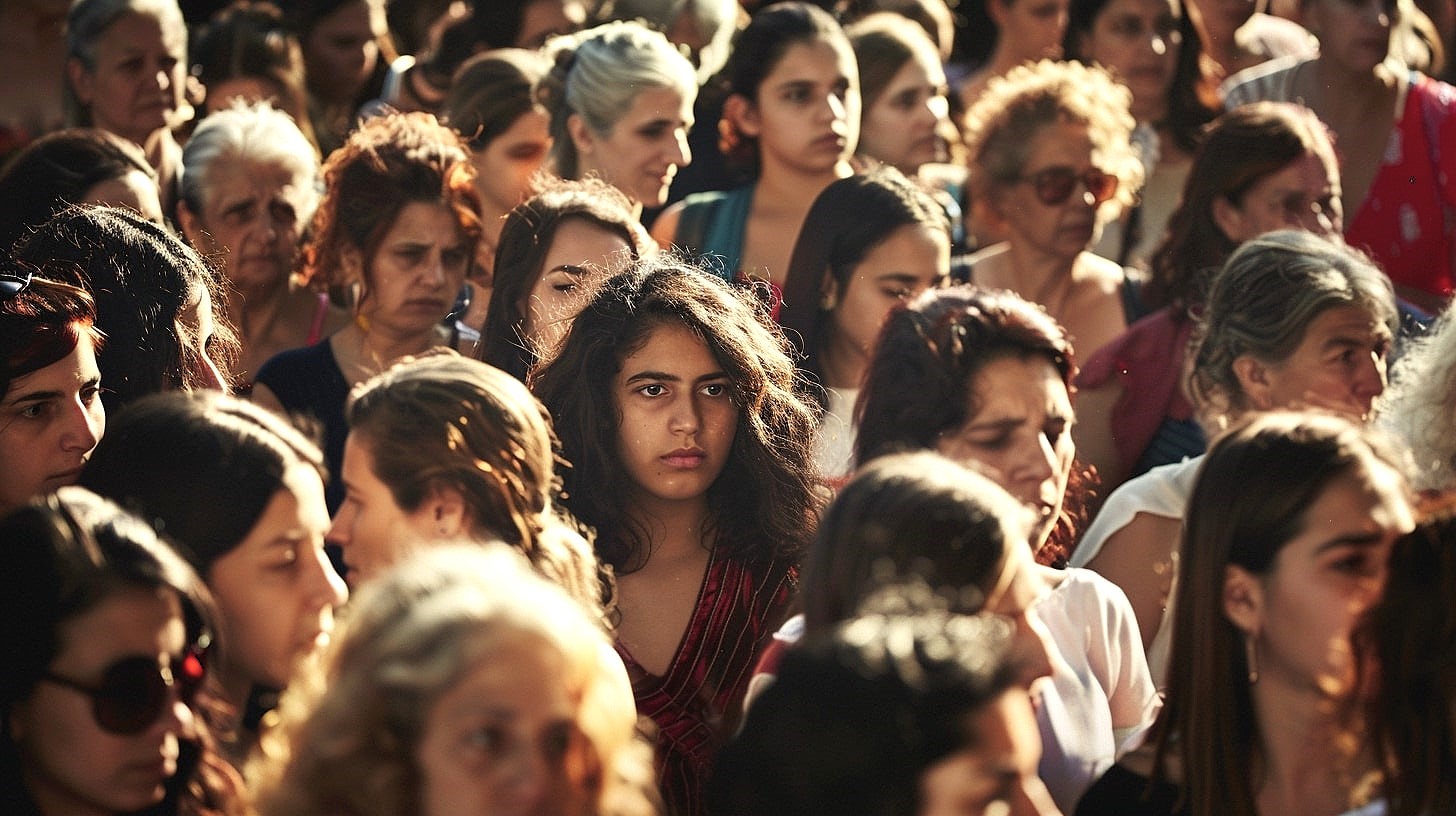How many people share your name on this island? Can your name influence your life?
How many Marias do you know?
Give yourself a point for each one. Ten points if they’re a Maria Georgiou; together these two make up the most common full name in Cyprus!
Most of us will easily reach 20 points, possibly more. And the latest available census data does indeed suggest Cyprus is peopled almost solely with Marias – close on 40,000 of them at the last count. But there are plenty of other names that are extremely popular on the island…
Andreas comes in second, with about 37,000 in Cyprus. There are nearly 30,000 Elenis, and roughly 26,000 Georges.
After that, we see a drop: Androula (20,000) is the fifth most common name on the island, followed by Costas (18,000), Christos (16,000), and Nikolaos and Michalis at roughly 15,000 each. And Panayiotis rounds out the top ten, coming in at just under 14,000.
Variations of each (such as Mary, Mariana, Marios) are all ranked separately. But still, if you count up the number of people with Cyprus’ 10 most common names, you get close on quarter of a million people. That’s one in four island residents.
It’s no surprise, given that local names still run strongly in families. Here, names become a living legacy: the firstborn child is usually named after the paternal grandfather or grandmother. A second son or daughter may well be named for the maternal grandfather and grandmother.
After that, it’s pretty much up to you: third sons or daughters are often named for the parents themselves, for godparents, favourite aunts and uncles, or family saints.
This is a practice that still exists across much of southern Europe: Greece traditionally follows a similar hierarchy, as do Italy, Spain and Portugal. To a lesser extent, so do Russia, Poland, Iceland and Scotland – though here, as in Arab countries, the father’s name may be included as either a patronymic or a middle name.

In other parts of the world, however, the system is wildly different. In China, names are usually chosen for their meaningful characters and auspicious sounds, reflecting positive attributes and aspirations. In India, names are influenced by diverse traditions, religious texts and cultural significance.
And in the west, while Noah and Olivia top the ranks, the overall trend shows a move away from a small set of highly popular names to a broader spectrum of unique monikers.
Not so in Cyprus, where the top 20 most common names total almost 30 per cent of the population! And don’t even get started on surnames: Charalambous and Ioannou lead the pack, followed by Constantinou and Christodoulou.
“All three of my closest friends are called Marios,” says Sotiris Charalambous. “And off the top of my head, I can think of at least seven Marias and four Andreases I’ve known since childhood! Three of those are Andreas Georgious – trust me on this, when one is a colleague, one is your koumbaros, and one is your mechanic, you need to triple check who you’re messaging before you press send!”
Sotiris raises a good point. With so many shared names, Cyprus is putting paid to the theory that appellation determines destiny: the idea that people with the same name have similar personalities. But that doesn’t stop others from making assumptions…
Recent research (published in Psychology Today) suggests we view certain names in the same way, leaping to conclusions without having met the person in question. Elizabeths are seen as warm and competent, Rileys are warm but inept, and Ruths are cold but capable.
But surely that doesn’t make these conjectures true? We can’t expect all of the island’s 10,000 Demetrises or 8,000 Katerinas to have similar characters!
“Well, every Maria I’ve ever met has been family-orientated, and pretty quiet!” says 25-year-old Nikki Nicolaou, “I know that’s a vast over-generalisation, but it’s just my experience. Similarly, I’ve never met an Androula who was in an artistic profession – I can think of six, and they’re all mums and teachers and one works in a bank.”
The same study also suggests that, over time, we come to resemble our names. When presented with a handful of names and corresponding photographs, both humans and computers managed to match names to faces at rates better than chance. Researchers propose this might be due to a self-fulfilling prophecy, where we unconsciously grow into the expectations set by our names.
Names may also influence where we choose to live and the careers we pursue: apparently, women named Virginia were more likely to reside in Virginia Beach, while those named Dennis had a far higher propensity than the norm to become dentists!
This phenomenon is called ‘implicit egotism’, which basically means that our names might steer significant life choices. It tends to hold true more for surnames (those whose last name was Carpenter were, you guessed it, far more likely than average to work with wood!).
However, those with unusual first names, the research suggests, are far more likely to pursue a creative career than the average Jo (or in this case, Iosef, the 180th most common name in Cyprus).
“I love having a rare name,” says one of the Cyprus Mail’s journalists, Iole Damaskinos. “It’s important to be remembered, and a unique name certainly helps. It makes you stand out from the crowd, which is what you need when you work in a creative profession.”
While, over the years, the Cyprus Mail has seen employees with every single one of the 10 most popular names in Cyprus, Iole is fairly rare – at the last count, there were just 69 on the island. “I’ve only ever met two others,” says Iole. “None in all the years I lived abroad.”
“There are disadvantages,” she adds. “It’s harder for non-Greek speakers to pronounce – I think I’ve heard every possible variation! And it means people are less likely to remember your name day. But at least you know you’re not going to be fighting 55,000 Marias and Panayiotises for pastries on August 15!”







Click here to change your cookie preferences